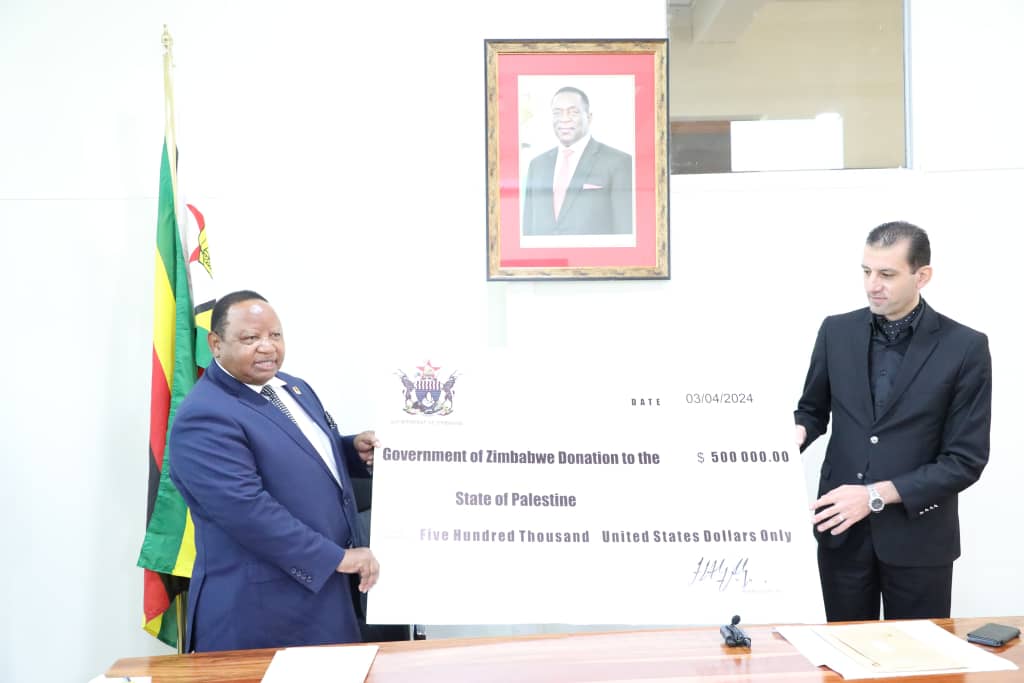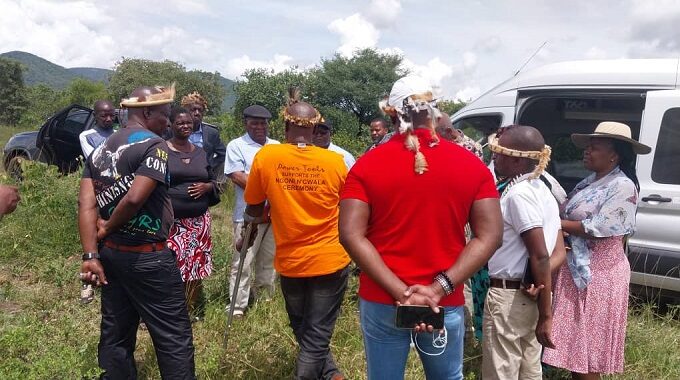PRESIDENT Robert Mugabe has been slammed for “bribing” the armed forces through continuously awarding them bonuses ahead of the rest of the government workforce.
Political opponents and civil servants groups say the unpopular decision has betrayed the veteran leader’s constant fears for an armed rebellion from within the country’s military.
“It is clear that our government is afraid of soldiers. It tends to prioritise soldiers because they have guns,” Progressive Teachers Union of Zimbabwe (PTUZ) president Takavafira Zhou told NewZimbabwe.com on Sunday.
Public Service Minister Prisca Mupfumira has said the bonus payments shall be staggered among the different sectors of the cash-strapped government workforce with the armed forces first in the queue.
The move is a recurrence of last year’s bonus payments in which soldiers were paid first with some of the civilian sections of the civil service getting theirs early this year.
Earlier during the year, civil servants have experienced erratic pay dates due to government’s perennial cash squeeze.
But in all the cases government has pulled all the stops to ensure soldiers were least affected.
Zhou felt teachers also needed guns to enjoy preferential treatment.
“Other professions like teachers are not respected on the basic assumption that they do not have guns,” he said.
Zhou said government should not place any sector of the civil service ahead of the rest, adding that a rotational bonus payment process was more ideal.
“I don’t know whether government also wants us also to get guns first and start threatening so that we can also get first priority. I think it is unfortunate, ill-conceived and unfair,” he said.
Opposition People’s Democratic Party spokesperson Jacob Mafume was equally scathing in his remarks.
“The President is keen to keep bribing the security sector by giving them bonuses first without a guarantee as to whether other sectors of the civil service are going to get theirs,” Mafume said.
“We hope that the security sector itself is able to see through this strategy.”
Mafume said President Mugabe was showing he was only concerned about his own security, that of his family and his “co-gangsters”.
He added: “It’s because of the flawed security strategy; it is a security strategy that is not centred on securing the interests of the people.”
Similarly, Harare based political analyst Rejoice Ngwenya felt the discriminatory bonus payment design was a power retention strategy by a President who now commands a highly militarised bureaucratic system.
“It is important that he keeps them appeased. The whole structure in the government structure has been militarised,” Ngwenya said.
“He sees it is better to pay them first and keep them quiet than to create conditions for dissent.”
President Mugabe, once described as a puppet of the military by arch-rival and MDC-T leader Morgan Tsvangirai, has in the past years ensured the army got the lion’s share of the country’s successive budgets.
Mugabe is seen owing his continued stay in power through a partisan military which 2008 went on a two month rampage in villages to avenge his electoral defeat to Tsvangirai during an inconclusive March poll.
The veteran leader has obliged by seconding retired top soldiers to managerial positions in numerous state entities as well as allowing them unfettered access to diamond mines in Chiadzwa.






